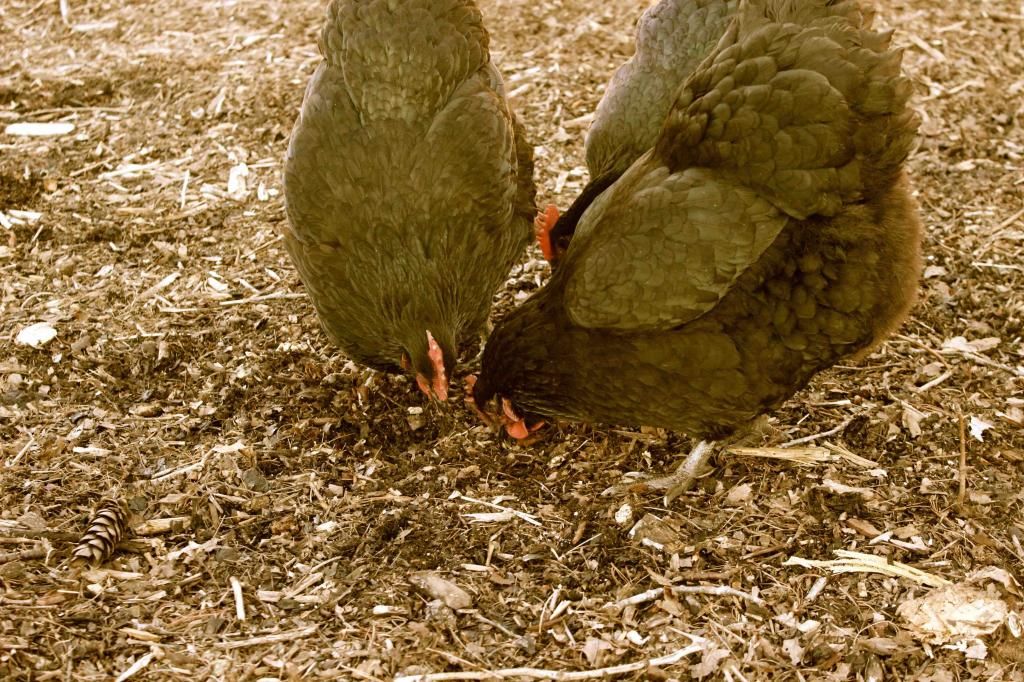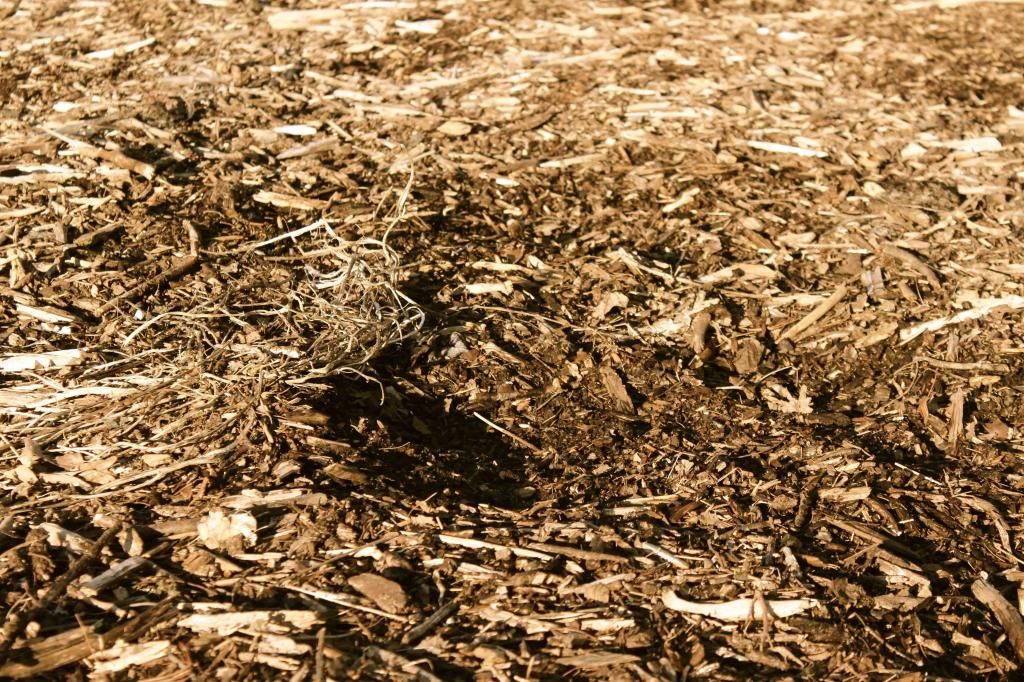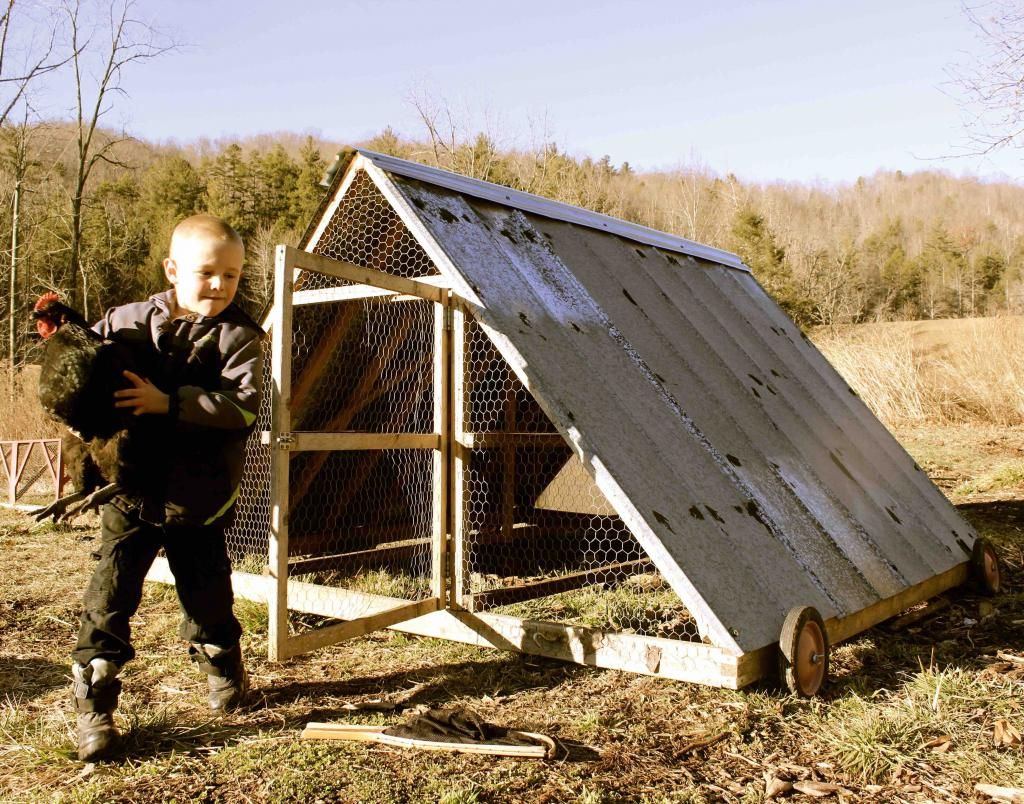




 1
1

























Experiment, invent, build, grow, share....lead by example people!!!




 2
2




It's never too late to start! I retired to homestead on the slopes of Mauna Loa, an active volcano. I relate snippets of my endeavor on my blog : www.kaufarmer.blogspot.com




Ross Raven wrote:Thanks. Im not sure any of these options will work for us. Far too much for frogs and snakes though we have tried to foster this already. We sunk a bathtub in the garden. A chicken drowned in it after we opened up the gate in the fall. Lesson learned. Ducks would still need to be fed for half the year on food we cant grow (Canada) but it does bring up the idea of bringing in a bunch of ducks on a temporary basis to thin down the initial infestation. Maybe do a "crop" of ducks. Would ducks grow fast enough in the sping to tackle slugs and then be of a harvestable size by October?
Someone suggested a product called Sluggo. Supposedly it would keep us organic. Anyone have any experience with it?
Has anyone had experience with the seaweed option?






Experiment, invent, build, grow, share....lead by example people!!!
 1
1




Experiment, invent, build, grow, share....lead by example people!!!




dan collins wrote:"Wasabi Greens", they are a type of mesculn and seem to be a excellent pest attracting plant within my hay mulched beds here in Upper Stewiacke. Often planted by mesculns, arugula, squash and spinach the wasabi greens will be riddled with holes of all sizes whereas the other plants leaves will be near perfect. I think I purchased them from West Coast Seeds years back and have collected them since. They selfseed like crazy, don't bolt in summer and sprout in early spring providing a long season.
For us they have become the must have plant in all our greenhouses.












 1
1








 1
1








 1
1


















|
And tomorrow is the circus! We can go to the circus! I love the circus! We can take this tiny ad:
A rocket mass heater is the most sustainable way to heat a conventional home
http://woodheat.net
|




